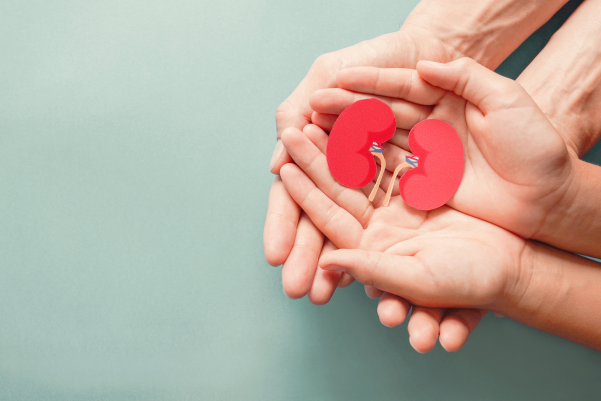Your kidneys are critical to your overall health; when they begin to fail at any level, your ability to
filter waste is affected, and can lead to more serious degradation and disease. Glomerular
disease is one type of kidney disease that affects the internal structures of the kidneys. Know
the symptoms and seek help right away if you think you might have glomerulonephritis or
glomerulosclerosis.
Glomerular disease is any condition that affects the function of the key subunits of the kidneys,
the glomeruli. These are the structures that actively clean blood of toxins and waste products
that circulate through your veins and arteries. They do so by creating specific concentration
gradients throughout the tiny turns of the nephrons, which are the functional part of the kidneys.
Two conditions affect the glomeruli: glomerulonephritis and glomerulosclerosis. The former is
the inflammation of the kidney tissue leading to decreased glomerular function while the latter is
the scarring of the blood vessels in the kidney. Both can lead to or contribute to kidney disease
or failure.
Kidney disease can be caused by glomerular disease but can also be caused by other
infections or conditions. The difference between general kidney disease and glomerular disease
specifically is where the dysfunction originates. Kidney disease refers to any degradation in
function or damage to the kidneys, whereas glomerular disease affects the glomeruli
specifically.
The main symptoms of glomerular disease are:
Some of these symptoms may not be noticeable for the average person. Diagnoses from a
doctor is required for hypoproteinemia (low blood protein) or albuminuria (excess proteins in the
urine). Other symptoms that might be experienced include:
Glomerular disease can be caused by certain medications, infections, damage to nephrons and
other kidney diseases. It can be directly caused by certain conditions or infections, or the result
of a cascading biological reaction to a drug toxicity. Glomerular disease also occurs
idiopathically, meaning it has no known origin.
People with known autoimmune disease, such as type 1 diabetes, may be more susceptible to
kidney and glomerular diseases. In such a case, treating the disease may help reduce the
symptoms a person experiences from the kidney disease.
Doctors might suggest tests like urine tests, blood tests, imaging, or other medical screenings.
The aim of treatment would be to prevent further damage to the kidney as well as restoring
function to the ancillary body systems, including the endocrine system and vascular system.
When you experience symptoms related to kidney disease or failure, the most likely source of
treatment is dialysis or kidney transplant. When you need help with your kidney health, Dr.
Gaurav Tandon is here to provide the personalized treatment you need. Call or contact the
Kidney Clinic of North Florida to discover the care you need for your optimal kidney health.
For many patients around the state, KCNF is the healthcare facility of choice. We seek to establish a distinctive environment with friendly and well-mannered staff and top medical practises. We provide cutting edge technology, vast research resources, and world-class options to our patients. We are able to offer our customers a variety of kidney treatments, consultations, and tests. Our expert team of doctors and nurses are available to round the clock. We also accept major insurances.

Check out the success stories of our patients or patients' families who have successfully received treatment at the Kidney Clinic of North Florida.
6885 Belfort Oaks Pl STE 230, Jacksonville, FL 32216, United States
161 Hampton Point Dr Ste 4, St. Augustine, FL 32092, United States
Good health is just a click away. Book your appointment now.